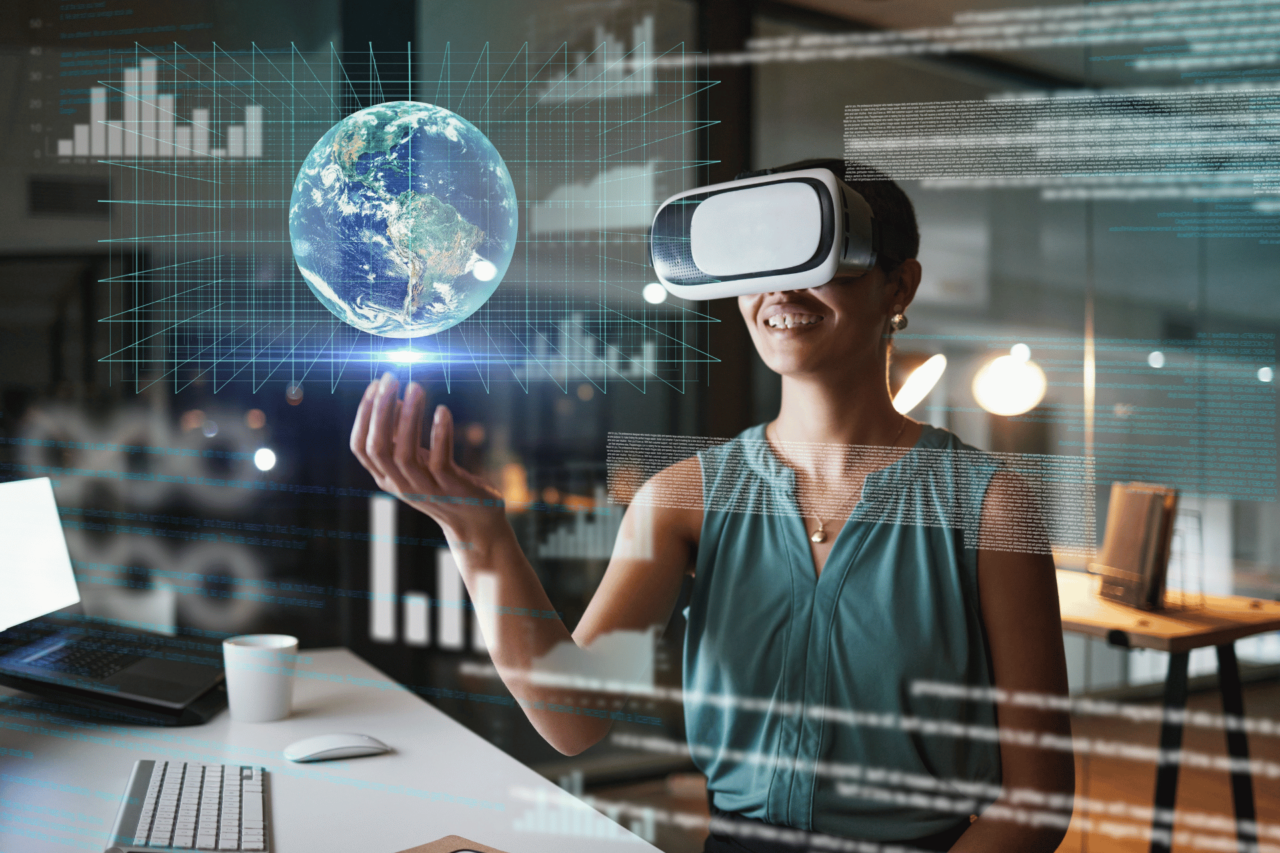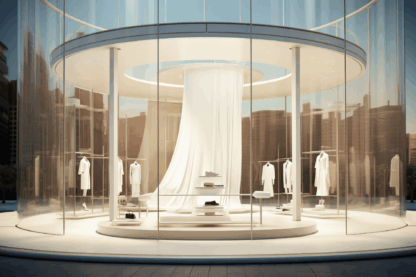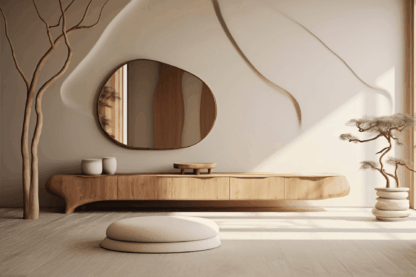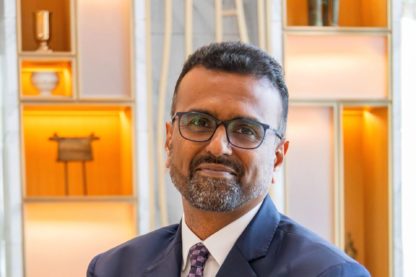Luxury businesses began investigating the possibilities of artificial intelligence (AI) in 2024 after it emerged as a major topic of conversation in society. While designers like Grace Ling dabbled in wearables with AI integration, companies like LVMH made investments in AI-powered solutions. Brunello Cucinelli used custom machine-learning services to improve its storytelling. Leading companies are embracing AI strategically in 2025 to provide individualized solutions, enhance customer engagement, and produce immersive experiences.
Hugo Boss Introduces AI-Driven Product Content
By integrating AI-generated product material into its international e-commerce platforms, Hugo Boss is furthering its digital strategy. The firm launched a project with an AI-generated film that showcased a model wearing Hugo Boss clothing, demonstrating the revolutionary potential of AI in narrative and product presentation.
This action supports Hugo Boss’s objective of having over 90% of its products created digitally by 2025, which is bolstered by the company’s achievement of 65% digital creation by 2023. Hugo Boss hopes to improve the online shopping experience for its tech-savvy clients by utilizing AI to create personalized and interesting interactions.
Burberry Revitalizes Archives with AI Technology
Burberry is using artificial intelligence (AI) to breathe new life into its archives as part of its revitalization efforts, fusing innovation with legacy to appeal to modern shoppers. The firm recently used artificial intelligence (AI) to animate an old photograph of Lord Lichfield from 1980 that was originally taken in Eastbourne, England, and posted on Instagram. Dynamic art was created from the picture, which showed a pair wearing vintage Burberry trench coats.
This strategy is part of a larger movement by premium businesses to use AI to reinterpret historical content for contemporary advertising.
Amorepacific Unveils AI-Powered Makeup Application
The Korean cosmetics business Amorepacific won the CES 2025 Innovation Award in the AI category at the Consumer Electronics Show (CES) earlier this month for its brand-new “Wanna-Beauty AI” makeup product, which is powered by generative AI.
‘Wanna-Beauty AI‘ is a voice-activated chatbot created in partnership with the Korea Advanced Institute of Science & Technology (KAIST) that evaluates user images to determine skin tone, facial characteristics, and proportions, then offers virtual try-ons and customized beauty recommendations. Through a voice consultation interface, users may virtually apply cosmetics thanks to this technology, which blends Amorepacific’s experience in picture analysis with cutting-edge AI image production.
Innovations such as Amorepacific’s are at the forefront of satisfying the growing need for intelligent solutions and personalized beauty services. According to a McKinsey analysis, using AI in strategic initiatives may increase conversion rates by as much as 40%.
In conclusion, premium brands are using AI more and more to improve marketing, customer interaction, and product creation. These businesses hope to stay at the forefront of innovation in the changing luxury market by using AI to provide more immersive and customized experiences.
Stay up to date on the latest luxury industry news – https://worldluxurychamber.com/insights-news/
Sources: Jing Daily





